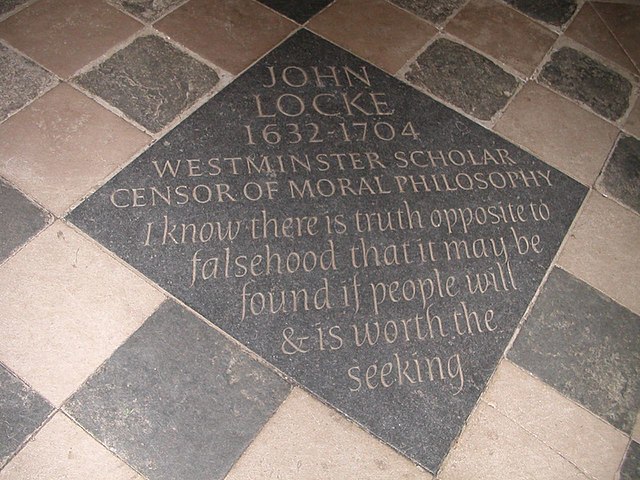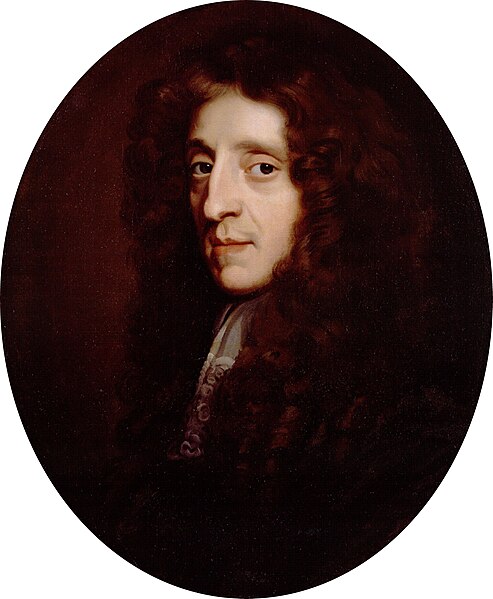Fundamental Constitutions of Carolina
The Fundamental Constitutions of Carolina were adopted on March 1, 1669 by the eight Lords Proprietors of the Province of Carolina, which included most of the land between what is now Virginia and Florida. It replaced the Charter of Carolina and the Concessions and Agreements of the Lords Proprietors of the Province of Carolina (1665). The date March 1, 1669 was the date that proprietors confirmed the Constitutions and sent them to the Colony, but later on two other versions were introduced in 1682 and in 1698. Moreover, the proprietors suspended the Constitutions in 1690. Despite the claims of proprietors on the valid version of the Constitution, the colonists officially recognized the July 21, 1669 version, claiming that six proprietors had sealed the Constitutions as "the unalterable form and rule of Government forever" on that date. The earliest draft of this version in manuscript is believed to be the one found at Columbia, South Carolina archives.

First page of the Fundamental Constitutions of Carolina
John Locke was an English philosopher and physician, widely regarded as one of the most influential of Enlightenment thinkers and commonly known as the "father of liberalism". Considered one of the first of the British empiricists, following the tradition of Francis Bacon, Locke is equally important to social contract theory. His work greatly affected the development of epistemology and political philosophy. His writings influenced Voltaire and Jean-Jacques Rousseau, and many Scottish Enlightenment thinkers, as well as the American Revolutionaries. His contributions to classical republicanism and liberal theory are reflected in the United States Declaration of Independence. Internationally, Locke's political-legal principles continue to have a profound influence on the theory and practice of limited representative government and the protection of basic rights and freedoms under the rule of law.
Portrait of Locke, 1697
John Locke's portrait by Godfrey Kneller, National Portrait Gallery, London
Engraved memorial plaque at Oxford
Portrait of John Locke by John Greenhill (died 1676)





